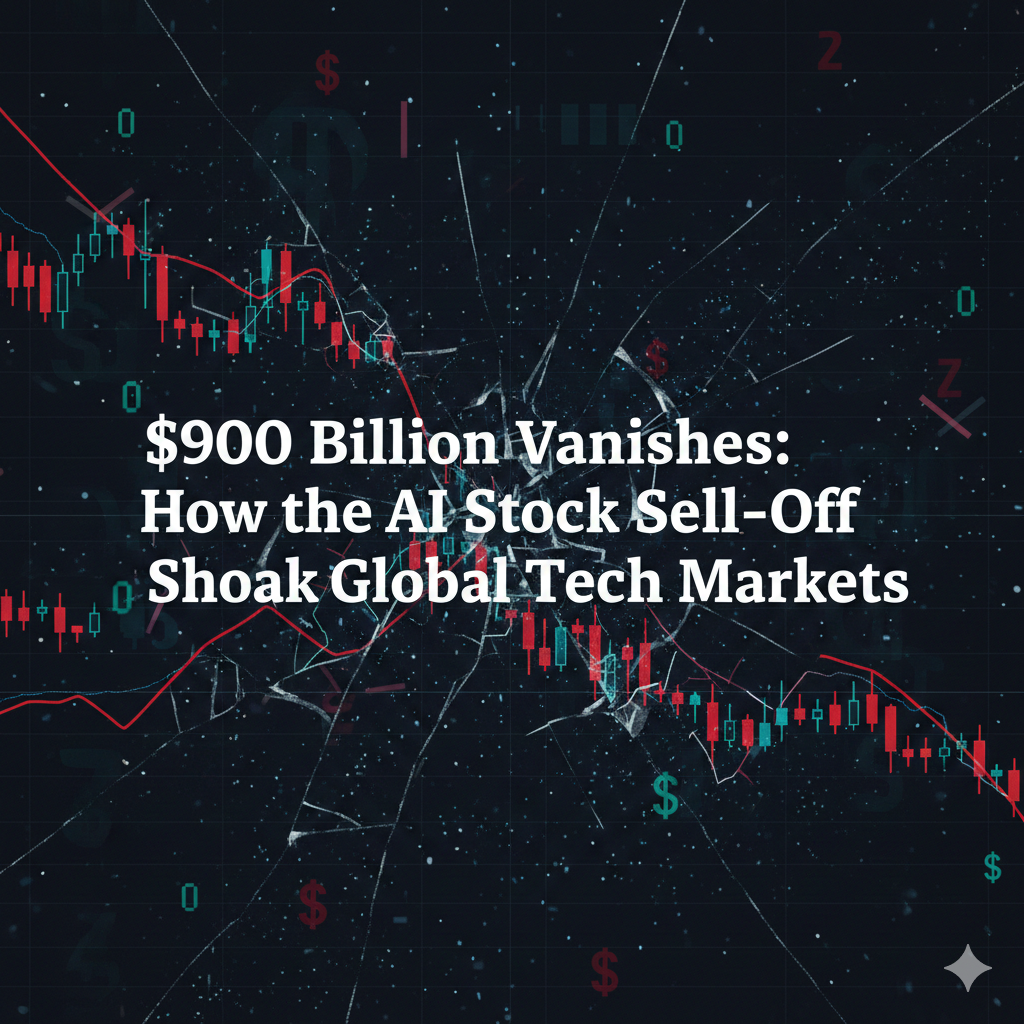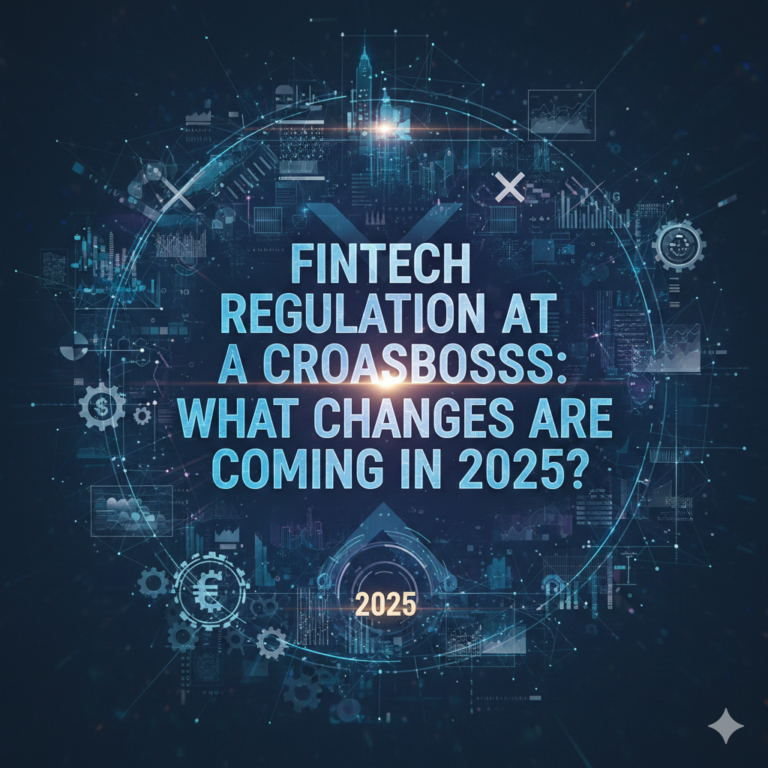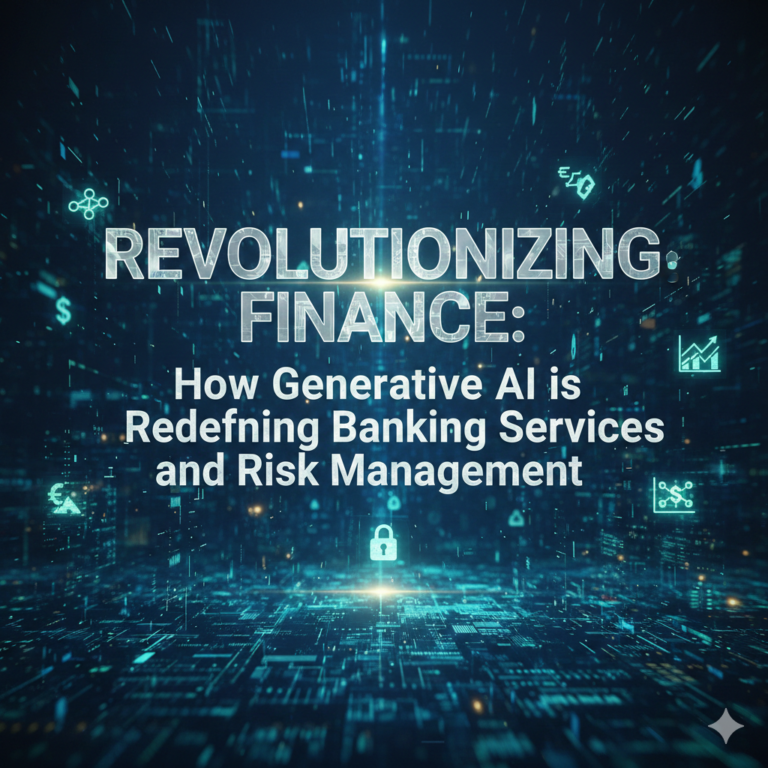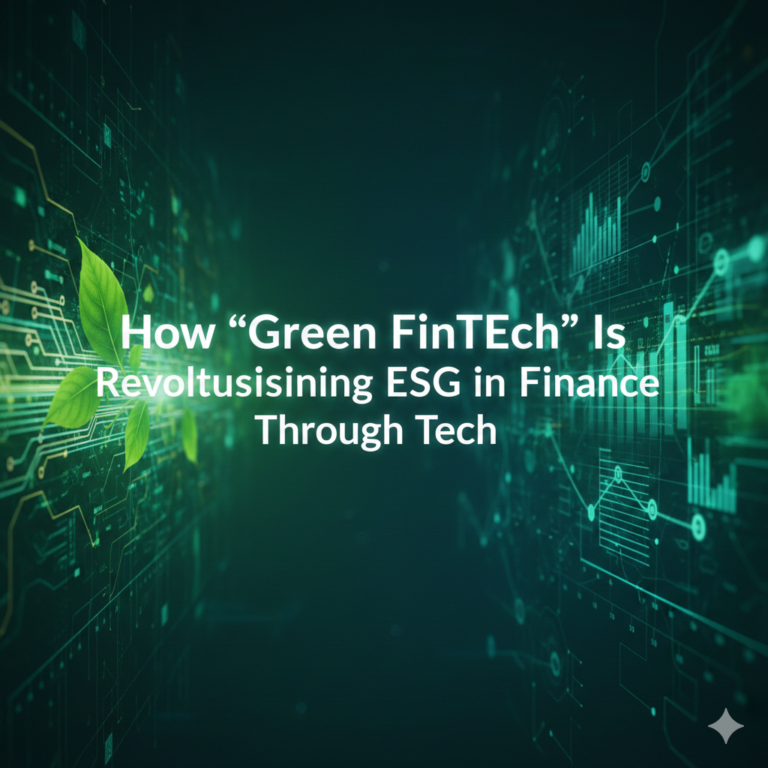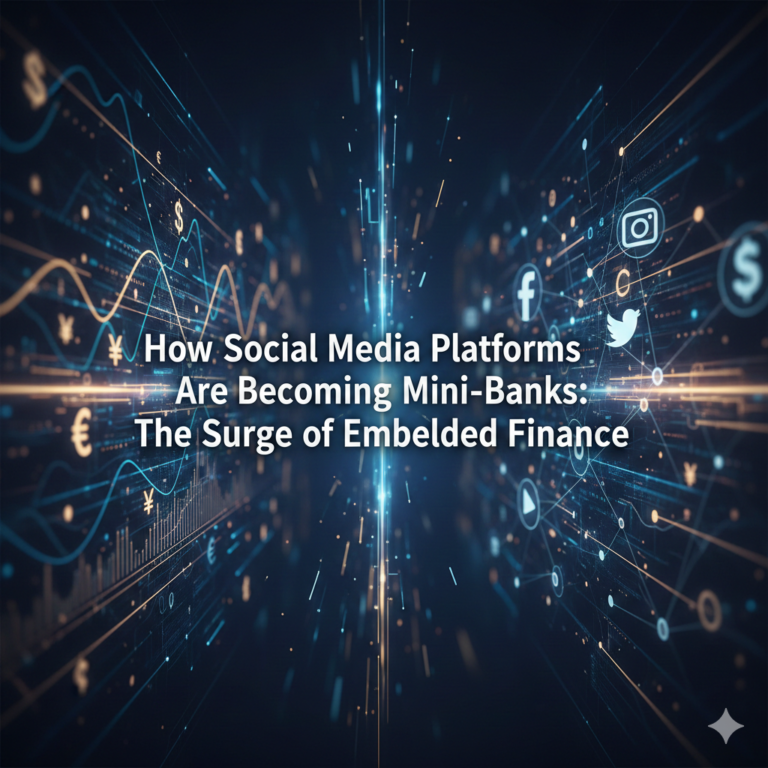$900 Billion Vanishes: How the AI Stock Sell-Off Shook Global Tech Markets
In the financial world, there is a saying that “the market climbs a wall of worry and slides down a pole of fear.” Recently, the tech sector experienced that slide firsthand. In a staggering display of volatility, nearly $900 billion in market value evaporated from Artificial Intelligence and semiconductor stocks in a matter of days. It was a wake-up call that shook global markets from Tokyo to New York.
In my view, this wasn’t just a random dip; it was a moment of deep reflection for investors. We have been so focused on the potential of AI that we forgot that even the greatest revolutions are subject to the laws of financial gravity. Personally, I believe this sell-off was a healthy, albeit painful, recalibration. It’s a reminder that while the future of AI is bright, the path to getting there will be anything but a straight line.
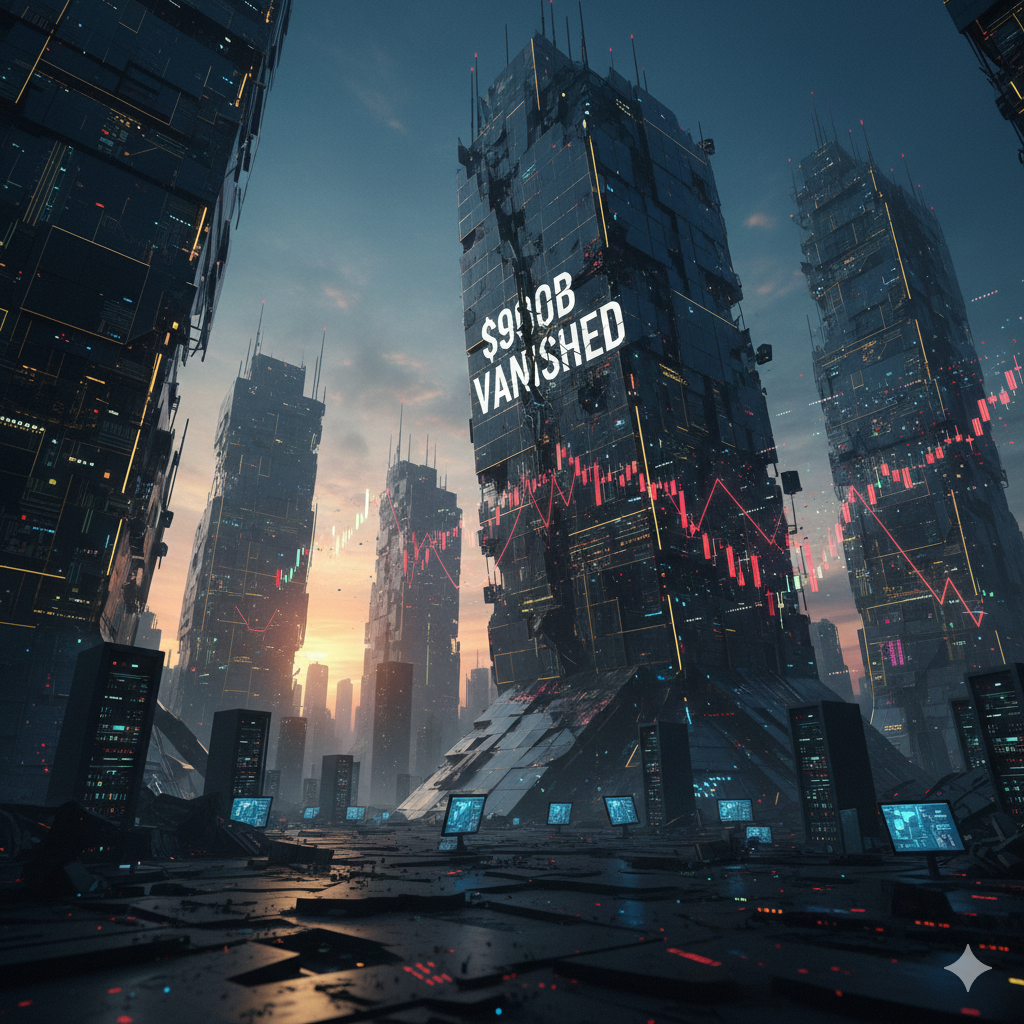
The Catalyst: Why Did the Market Flinch?
What causes $900 billion to disappear so quickly? It wasn’t one single event, but a combination of “macro” pressures and “micro” doubts.
- Growth Fatigue: After months of record-breaking gains, many investors were looking for any reason to take their profits and run.
- The “Profitability” Question: Questions are starting to arise about when the massive investments in AI hardware will actually turn into software revenue. I’ve noticed that the market is becoming much more demanding; a “cool demo” is no longer enough to support a trillion-dollar valuation.
- Geopolitical Tensions: Concerns over trade restrictions and the supply chain for high-end chips (the “brains” of AI) added fuel to the fire.
From my perspective, the market reached a point where it was “priced for perfection.” When you expect perfection, even the slightest bit of bad news can trigger a landslide. I find it fascinating how quickly sentiment can flip from “FOMO” (Fear Of Missing Out) to “get me out at any cost.”
Analyzing the Competition: Panic vs. Perspective
If you look at the mainstream financial news, many were quick to use words like “crash” and “doom.” I disagree with this sensationalist approach. When you zoom out and look at the performance of AI stocks over the last 18 months, even after this sell-off, many are still up significantly.
The competition often ignores the fact that a sell-off doesn’t mean the technology has failed. It just means the price of the technology was ahead of its value. My analysis shows that the companies with real infrastructure and real customers—the “Magnificent Seven” and their suppliers—remain fundamentally strong. I believe the real danger is for the “AI pretenders” who were just riding the wave of hype without having a solid product.
Lessons for the Modern Investor
For those interested in the intersection of finance and tech, this event provides three crucial lessons:
- Valuations Matter: You can love a company’s technology but hate its stock price. It’s important to distinguish between a great company and a great investment.
- Volatility is the Price of Entry: If you want the high returns of the tech sector, you have to be prepared for the occasional $900 billion vanish. It’s part of the game.
- The Long Game: I personally think the “Big Tech” story is still in its early chapters. History shows that after every major sell-off, the strongest companies emerge even more dominant.
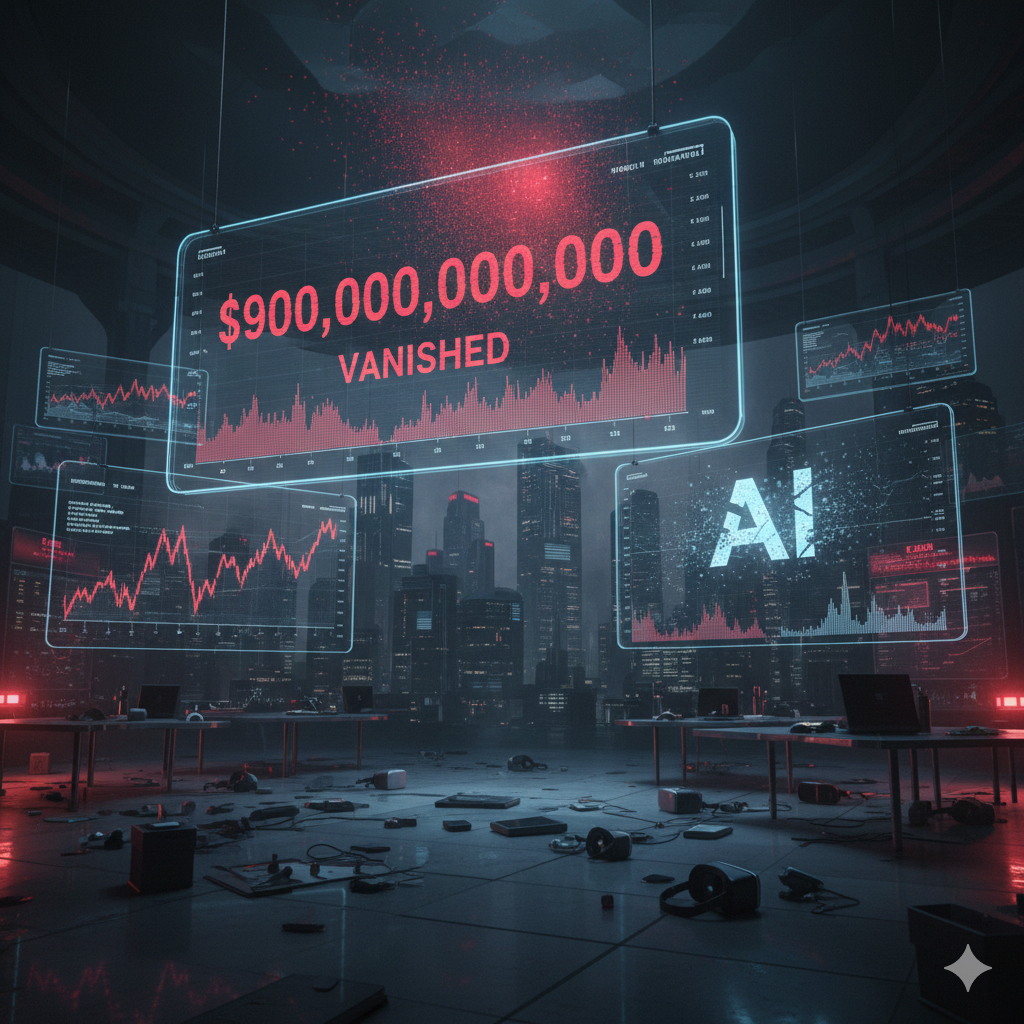
The Road to 2025: What Happens Next?
Where do we go from here? I expect to see a more “disciplined” market. The era of blind investment in anything labeled “AI” is over. In my opinion, this is a good thing. It forces companies to be more transparent about their progress and more careful with their capital.
I find it encouraging that despite the sell-off, the actual adoption of AI in industries like healthcare, accounting, and logistics (as we’ve covered in previous articles) hasn’t slowed down one bit. The “real economy” is still moving forward, even if the “paper economy” took a hit.
Final Thoughts: Finding Opportunity in the Rubble
A $900 billion loss is a headline-grabber, but for the patient investor, it often represents an entry point. As an expert in this field, I can tell you that the most successful people in finance are the ones who buy when others are fearful.
In my view, the AI revolution is the most significant technological shift of our lifetime. A few days of red numbers on a screen doesn’t change that. We are building the future, and the future is notoriously difficult to price accurately on a daily basis. Stay focused on the fundamentals, and don’t let the noise of a sell-off distract you from the signal of progress.

